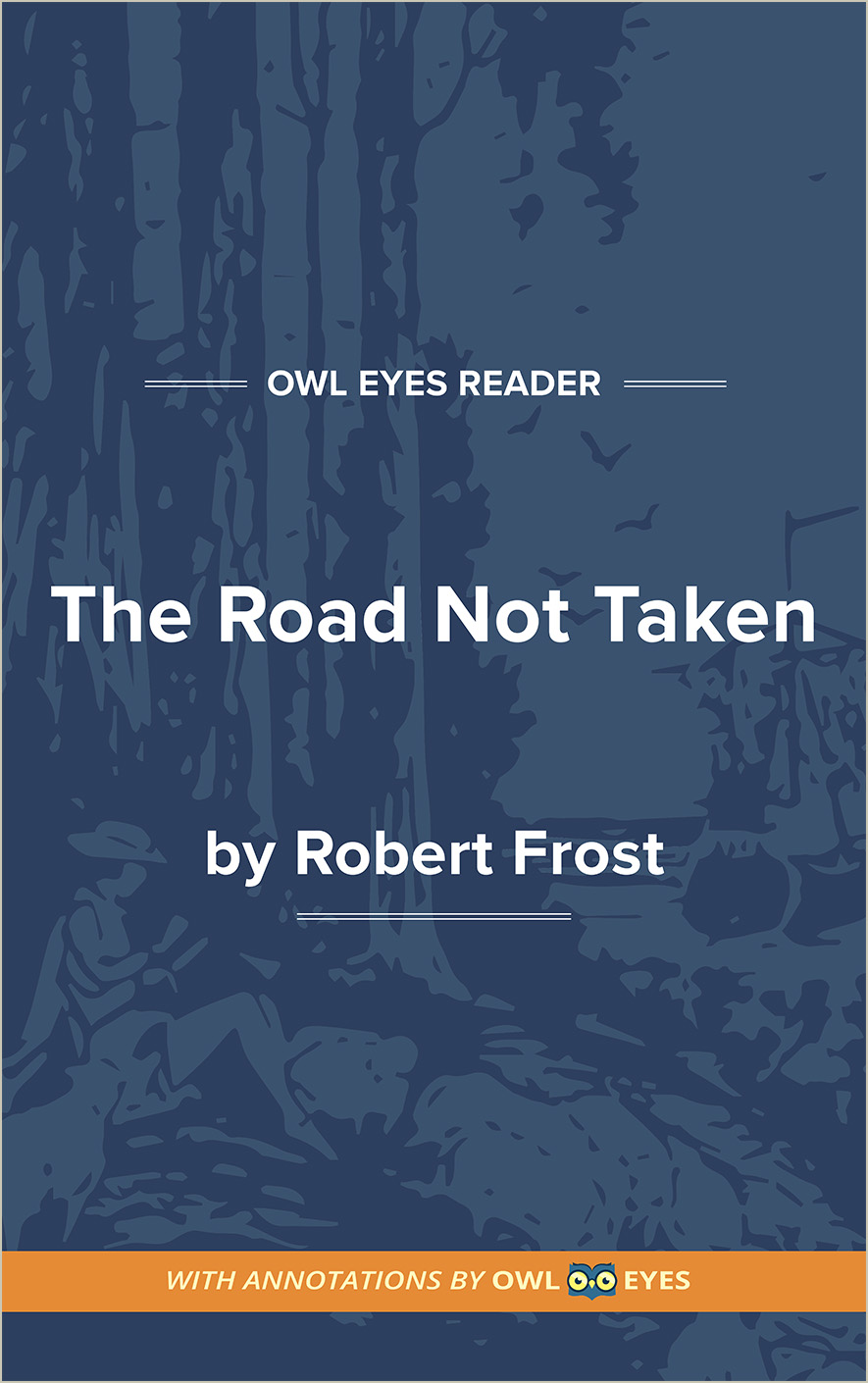Analysis Pages
Themes in The Road Not Taken
Fate: The poem’s central conflict arises when the speaker encounters a crossroads. The first line tells of how “Two roads diverged in a yellow wood,” a classic conceit for a life decision. The speaker then begins to weigh the two options trying to select the better choice. However, Frost’s poem makes the subversive claim that our choices are less real than we think. Our power to discern meaningful differences is negligible—the two roads are “as just as fair.” According to the poem, fate continually guides us forward despite our attempts to exercise free will.
Choice and uncertainty: Frost’s poem succeeds in conveying the uncertainties we encounter in making decisions. Faced with a dilemma, one never has quite enough information; one can never truly predict what each choice will bring. Frost’s imagery gives these uncertainties a shape. Just as a potential choice will not reveal its consequences, a potential road will not reveal its destination because of the way it “ben[ds] in the undergrowth.” The poem is compelling in part because it captures the anxiety we all experience as we step forward into uncertainties, again and again, throughout our lives.
Themes Examples in The Road Not Taken:
The Road Not Taken
🔒"Two roads diverged in a wood, and I— I took the one less traveled by,..." See in text (The Road Not Taken)
"I shall be telling this with a sigh..." See in text (The Road Not Taken)
"Oh, I kept the first for another day! Yet knowing how way leads on to way, I doubted if I should ever come back...." See in text (The Road Not Taken)

